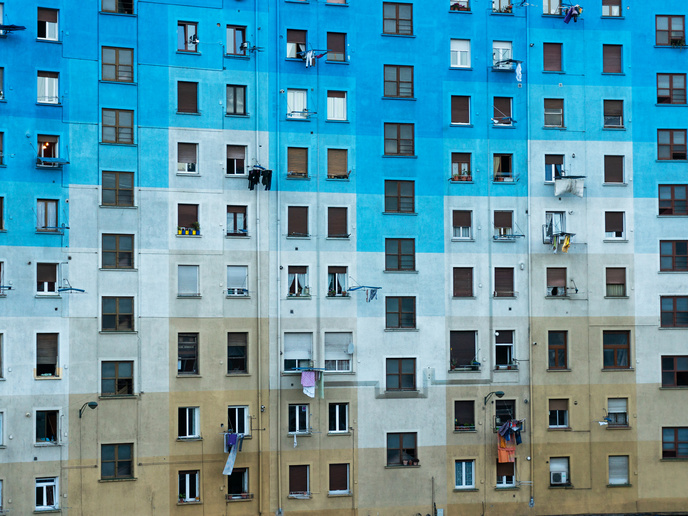Community-centred regeneration in the Basque Country
Building renovations to improve energy efficiency, building integrity and aesthetics are costly. The EU-funded HIROSS4all project set up a one-stop shop home renovation service in Spain’s Basque Country, coordinated by regional government. With HIROSS4all’s unique Social Support Mechanism for Financing, local authorities guaranteed portions of loans to help vulnerable communities. Local hubs called Opengelas (‘open living rooms’) were established to support communities throughout the renovations. Starting with two pilot programmes in neighbourhoods in Eibar and Bilbao, there are now Opengela offices in 25 communities. “We learned a lot about supporting vulnerable neighbourhoods. If we can get it right in these areas, it will work anywhere,” notes Ignacio de la Puerta, project coordinator.
Tapping people power
To start, an ‘urban vulnerability inventory’ identified housing stock needing renovation. This included 65 indicators related to socio-economic and socio-demographic conditions, building stability, building and equipment accessibility, habitability and energy efficiency. “To avoid breeding mistrust by imposing solutions, citizen involvement is critical,” adds de la Puerta. “The Opengela offices offer a range of technical, legal, financial, administrative and social support and guidance.” The vision stretched beyond renovation or energy improvement, towards urban regeneration that brings wider social benefits. HIROSS4all engaged the Departments of Employment and Inclusion and the Department of Health, leading to 17 neighbourhood residents taking part in training courses and 30 in energy management work. A digital tool is also now under development to analyse possible links between health conditions and the urban environment.
Implementing renovation solutions
HIROSS4all’s inclusive approach sought approval for the proposed action plans by governance bodies called Communities of Owners. Actions to increase energy efficiency included minimising energy demand with passive measures, for example, by adding external insulation. This was followed by active clean energy measures such as adding solar panels to roofs or upgrading existing equipment. Having upgraded 425 homes, it was found that passive measures reduced energy consumption by around 60 % on average; when accompanied by active measures, savings exceeded 90 %. Monitoring of indoor air conditions confirmed other positive side effects: temperatures were raised by over 2 °C, while relative humidity was reduced by at least 40 % and CO2 levels by over 20 %.
From buildings to neighbourhoods
HIROSS4all’s Opengela model contributes to a range of EU initiatives, including the New Leipzig Charter, Renovation Wave, New European Bauhaus, Energy Efficiency Directive and Energy Performance of Buildings Directive. Adherence to the programme was over 80 % among inhabitants with lowest incomes, demonstrating an appetite for this model of urban renewal, which continues as the Opengela programme under the successor BIRTUOSS project. “Our model is now recognised as a reference, regionally, nationally and Europe-wide. But to decarbonise most of the building stock by 2050, we must scale up from the level of buildings to neighbourhoods, incorporating elements such as community energy production and nature-based solutions. This is BIRTUOSS’s focus,” says de la Puerta.
Keywords
HIROSS4all, renovation, Basque, community, energy efficiency, building, neighbourhood, decarbonise, financing, vulnerable







